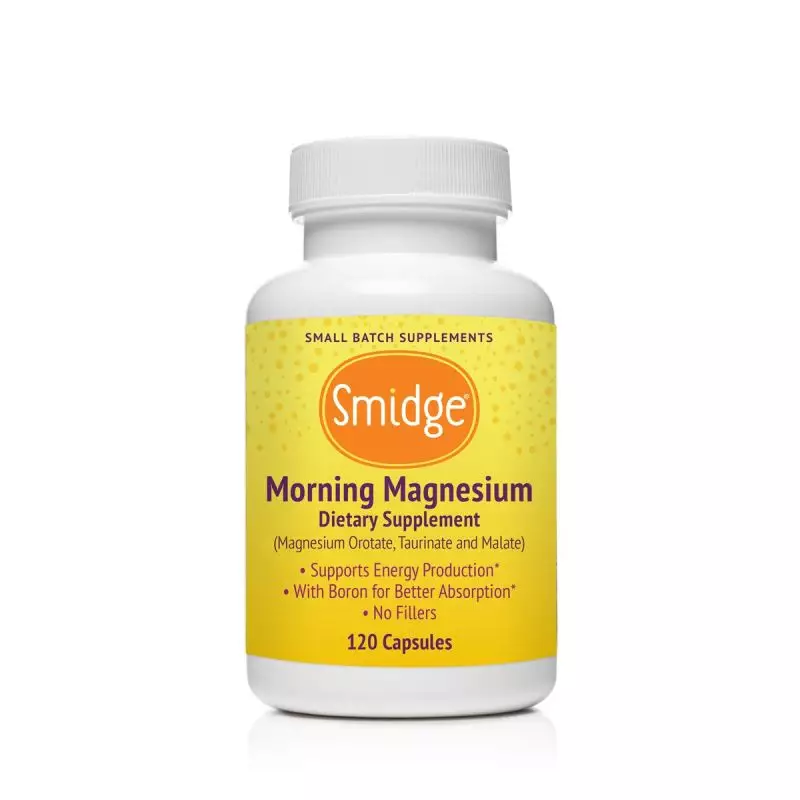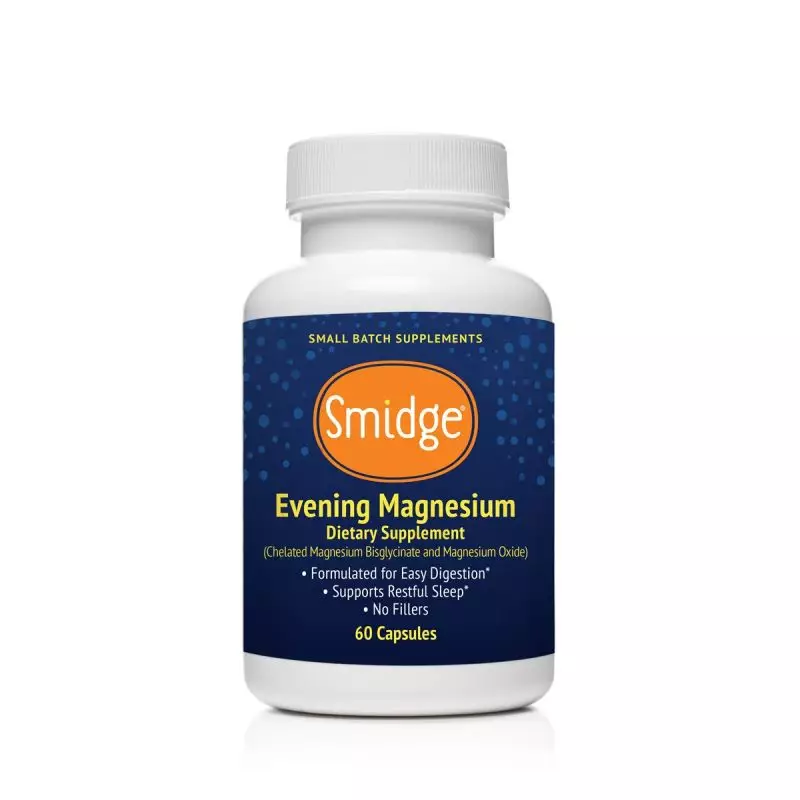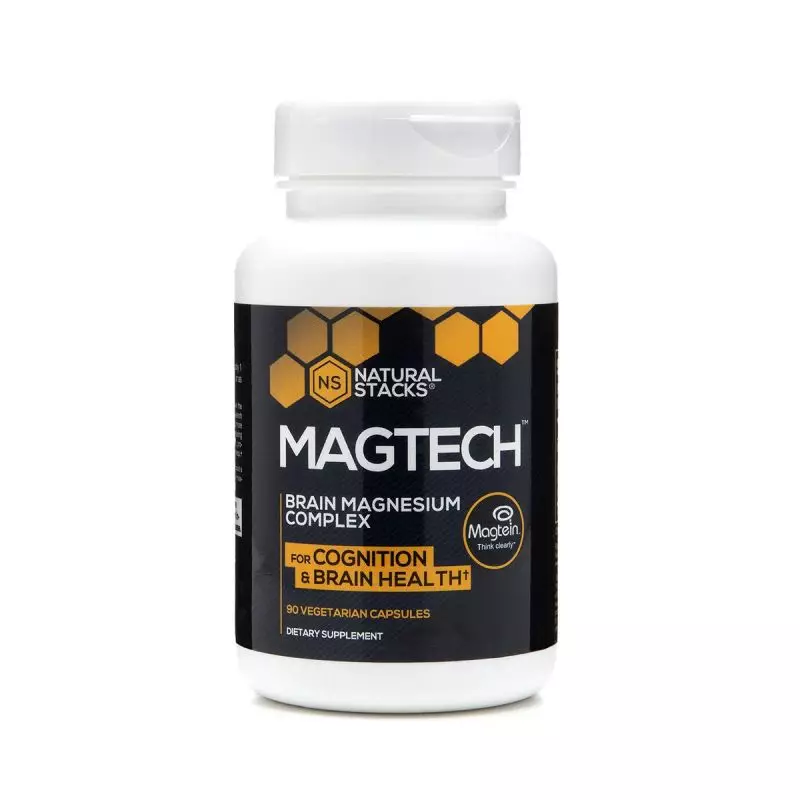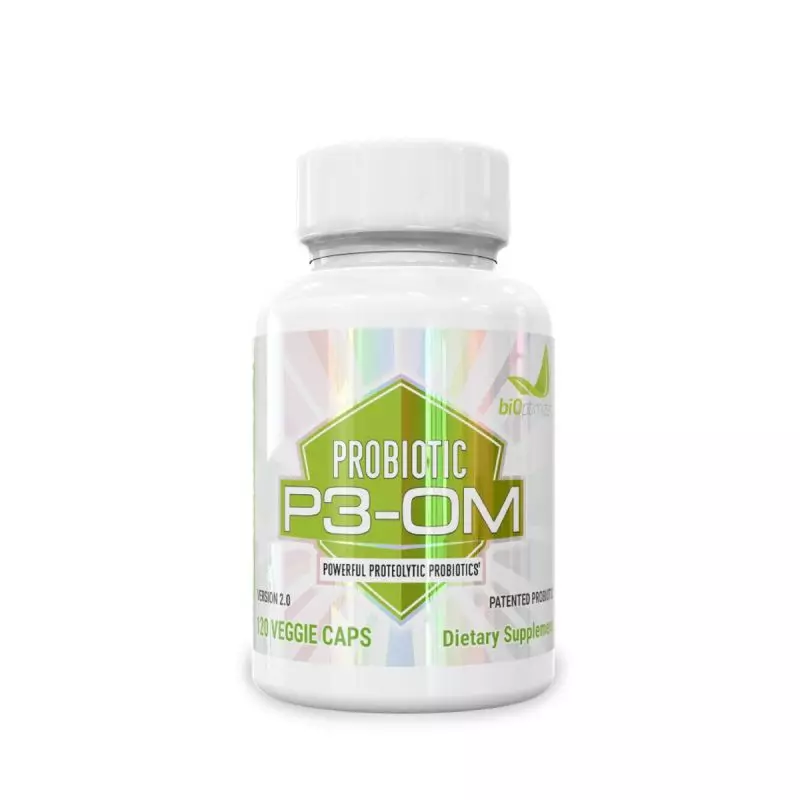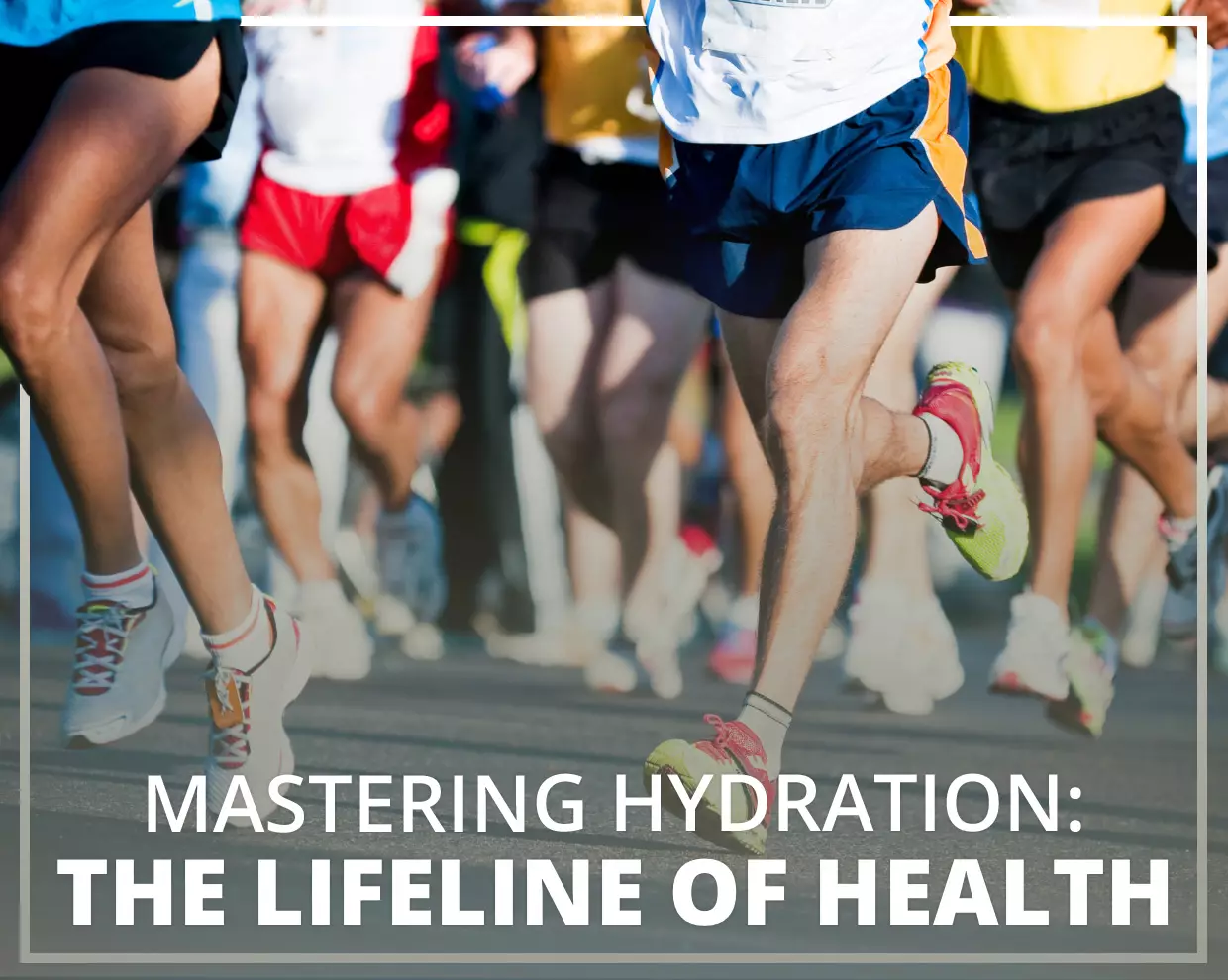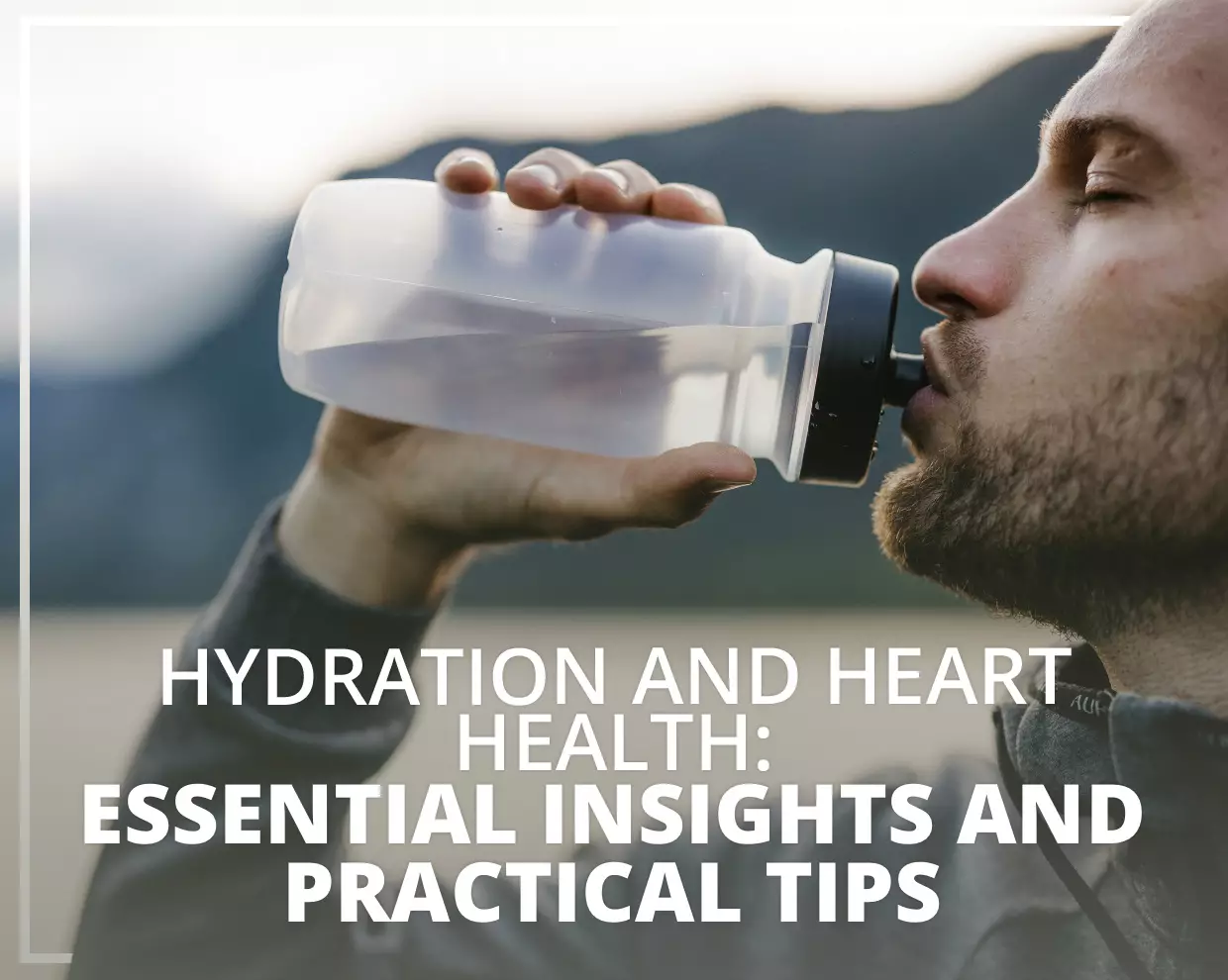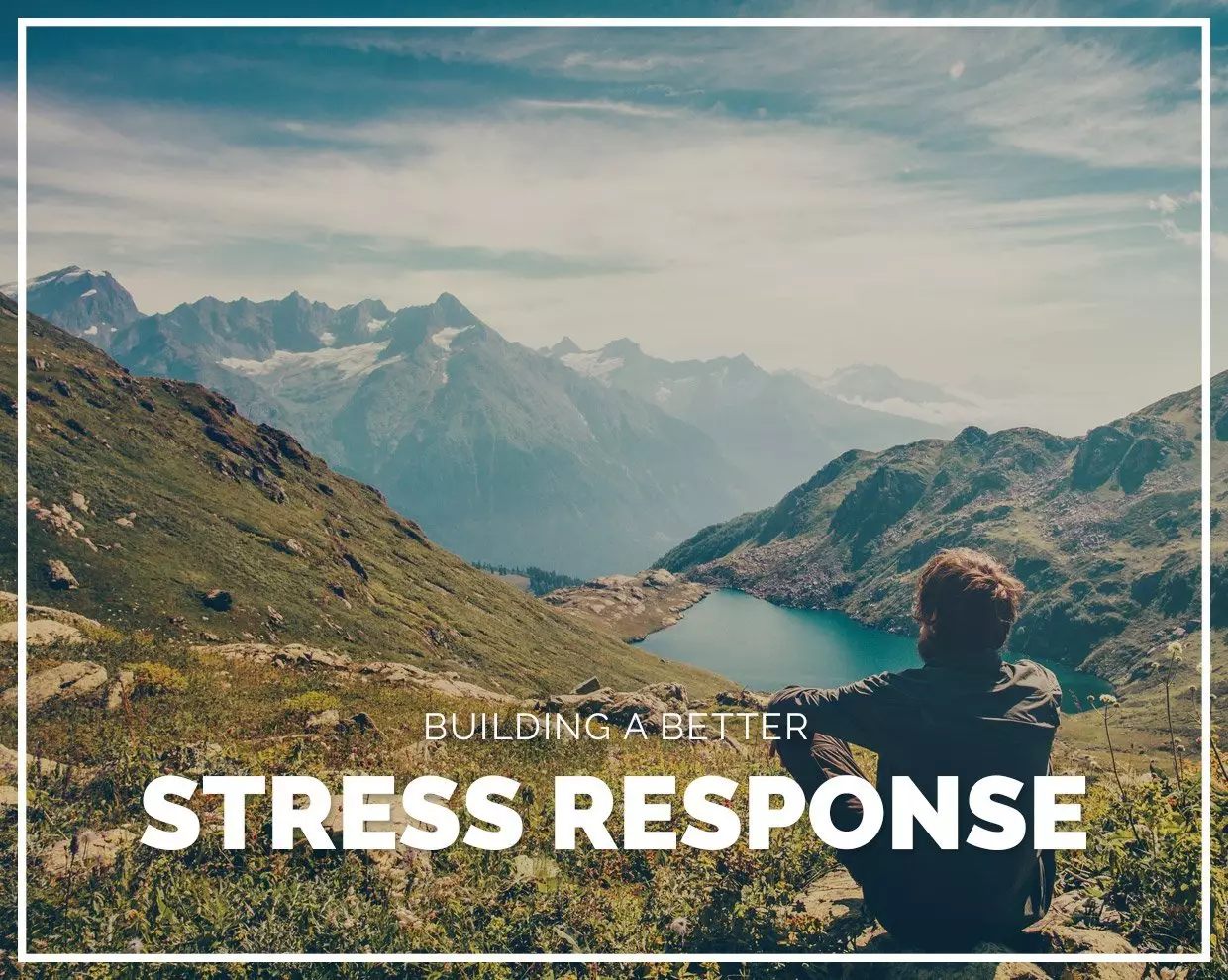If you're feeling stressed out and overwhelmed, you are not alone. In Germany 2022, 44% of respondents felt stressed, 14% depressed and 9% anxious. [1] Stress is a normal part of life, but it can take a toll on your physical and mental health when it becomes chronic. One way to manage stress is through the use of supplements. While no magic pill will make stress disappear, certain supplements can help reduce stress levels and improve overall well-being.
Before we dive into the top 5 supplements for stress, let's address some common questions about stress and supplements.
Which vitamin deficiency causes tiredness?
If you're feeling tired and not sure why it's possible that a vitamin deficiency could be to blame. Here are the top common vitamin deficiencies that may cause tiredness:
- Vitamin B12: According to the World Health Organization, vitamin B deficiency is one of the most common nutrient deficiencies worldwide. It's estimated that around 20% of the global population is deficient in vitamin B12, and up to 25% of people may be deficient in other B vitamins, such as folate and vitamin B6. [2] Be vigilant, as a vitamin B deficiency symptom may be subtle and may not appear until the deficiency is severe. Some common symptoms include fatigue, weakness, and tingling or numbness in the hands and feet. Other symptoms may include anaemia, nerve damage, and problems with memory or concentration. [3]
- Iron: Iron is necessary for the production of haemoglobin, a protein that carries oxygen to the body's cells. An iron deficiency can lead to anaemia and fatigue. Women and children are more likely to develop iron deficiency due to their increased need for iron. Women, especially those pregnant or menstruating, have a higher risk of developing iron deficiency due to blood loss. Children also have a higher risk of iron deficiency due to rapid growth and development. [4]
- Vitamin D: A Vitamin D deficiency may cause fatigue in various ways. Firstly, Vitamin D helps to regulate the absorption of calcium and phosphorus, which are essential minerals for bone health. When vitamin D levels are low, the body may have difficulty absorbing these minerals, weakening bones and muscle weakness. As a result, fatigue will set in frequently, especially for those who have moderate physical activity. Secondly, Vitamin D helps to stimulate the production of serotonin, a neurotransmitter that helps to regulate mood and sleep. When vitamin D levels are low, serotonin production may be impaired, leading to feelings of fatigue and difficulty sleeping. And lastly, Vitamin D helps to regulate the immune system, and a deficiency may lead to an increased risk of infections. When the body is fighting an infection, it can cause fatigue as the body expends energy to fight off the infection.
How much ashwagandha a day can I take?
If you're considering taking ashwagandha to help reduce stress and improve your overall well-being, you may be wondering how much you should take. Ashwagandha is a herb commonly used in Ayurvedic medicine to reduce stress and anxiety. It's also been shown to improve sleep and boost energy levels. The recommended dose of ashwagandha varies depending on the specific product and your health needs, however here are some common dosage recommendations for ashwagandha:
- Capsules: The recommended dose is typically 250-500 mg taken twice daily.
- Powder: The recommended dose is typically 1-2 teaspoons taken daily.
- Extract: The recommended dose is typically 300-500 mg taken daily.
It's best to follow the product label's dosage instructions or consult a healthcare provider for guidance.
Can I take magnesium with vitamin D to reduce stress?
Yes, you can take magnesium and vitamin D together. The good news is that these two nutrients may have some stress-reducing properties on their own, and taking them together may offer additional benefits.
Magnesium is an essential mineral involved in over 300 enzymatic reactions in the body, and it's been shown to have a calming effect on the brain. It's believed to work by activating the neurotransmitter GABA, which helps to regulate anxiety. [5] A review of 15 studies published in the Journal of the American Board of Family Medicine found that magnesium may be effective in reducing anxiety and improving mood. [6]
Vitamin D can be found in fish oils, and is an essential nutrient necessary for bone health and immune function, but it may also have stress-reducing properties. A review of 14 studies published in the Journal of Clinical Endocrinology and Metabolism found that vitamin D may have a positive effect on mental health, including reducing the risk of depression and anxiety. [7]
When magnesium and vitamin D are taken together, they work synergistically to support the body's ability to cope with stress. Magnesium helps to regulate the nervous system and reduce anxiety, while vitamin D helps to support the immune system and reduce inflammation.
Now, let's take a look at the top 5 supplements that may help to reduce stress:


1. Magnesium
11 different types of magnesium help a wide range of ailments, but a few in particular stand out for those wanting to reduce stress and anxiety.
- Magnesium acetyl taurate is a rapidly absorbed form of magnesium. It can pass through the blood-brain barrier and has been found to decrease anxiety indicators.[8]
- Magnesium glycinate is a form of magnesium bound to the amino acid glycine. Like other forms of magnesium, Magnesium glycinate helps to regulate anxiety and stress by supporting the function of the neurotransmitter GABA (gamma-aminobutyric acid).
When GABA levels are low, the nervous system can become overactive, leading to anxiety symptoms. Magnesium glycinate may have additional benefits for anxiety and stress regulation because of the glycine component. Glycine is an amino acid that acts as an inhibitory neurotransmitter, which helps decrease the nervous system's activity.
Studies have found that glycine supplementation may have anxiolytic effects, helping to reduce anxiety symptoms. [9] Additionally, glycine may help to improve sleep quality and relieve insomnia, which can be beneficial for people experiencing stress and anxiety. - Magnesium threonate has been found to have decreased depression-like symptoms in healthy rats as compared to controls. [10]
Functional Self has a wide range of magnesium products for everyone's needs.


2. B vitamins
Also known as the "stress vitamins", are essential in maintaining good mental health and reducing stress levels. These water-soluble vitamins are important for the proper functioning of the nervous system and the production of neurotransmitters, which are chemicals that allow nerve cells to communicate with each other. B vitamins, particularly B1 (thiamine), B3 (niacin), B6 (pyridoxine), and B12 (cobalamin), have been found to play a role in reducing stress and anxiety. [11]
- B1 (thiamine) is essential for the proper functioning of the nervous system; it helps to support healthy nervous system function and is essential for the production of neurotransmitters such as GABA and serotonin. These neurotransmitters play a crucial role in regulating mood and reducing anxiety, and studies have found that a thiamine deficiency can lead to symptoms of anxiety and depression.
- B3 (niacin) has several anti-inflammatory and vasodilatory properties that help to reduce inflammation and improve blood flow. First, niacin helps reduce inflammation by activating a protein called G protein-coupled receptor 109A (GPR109A). This protein is found on the surface of immune cells, and when it is activated by niacin, it helps to reduce the production of inflammatory molecules. Studies have shown that niacin supplementation can help to reduce inflammation in conditions such as rheumatoid arthritis and osteoarthritis.
Secondly, niacin also helps to improve blood flow by dilating blood vessels. This means that it helps to widen the blood vessels, allowing blood to flow more easily around the body in a process known as vasodilation. The vasodilation effect of niacin is due to the release of Nitric Oxide (NO) from the endothelial cells that line the blood vessels. The improved blood flow that results from niacin's vasodilation effect can have a range of benefits, including reducing the risk of heart disease and stroke, improving cognitive function and stress reduction. - B6 (pyridoxine), or pyridoxine, plays a role in regulating cortisol, a stress hormone, through its involvement in the production of a precursor molecule called corticotropin-releasing hormone (CRH). CRH is produced in the hypothalamus and is responsible for triggering the release of cortisol from the adrenal glands. When the body is under stress, CRH production increases, leading to an increase in cortisol levels.
B6 is involved in the production of CRH and helps to keep its levels in check, thereby regulating the release of cortisol and keeping it at healthy levels. Additionally, B6 is also involved in producing other hormones involved in the stress response, such as adrenaline and noradrenaline. These hormones are responsible for the "fight or flight" response and are released in response to stress. By supporting the production of these hormones, B6 helps regulate the body's overall stress response. - B12 (cobalamin) plays a role in the production of dopamine, a neurotransmitter that helps to regulate mood and reduce feelings of stress and anxiety. Dopamine is produced in the brain and involves many functions, including motivation, pleasure, and reward. Low dopamine levels have been associated with depression, anxiety, and other mood disorders. B12 is involved in the production of dopamine by helping to convert the amino acid phenylalanine into tyrosine, which is then converted into dopamine. B12 is also involved in the methylation process, which is necessary to produce dopamine. Methylation is a process by which methyl groups are added to molecules, and it plays an important role in the regulation of gene expression and the production of neurotransmitters.
It's important to note that B vitamins are water-soluble and can't be stored in the body for long periods. Therefore, it's essential to ensure your diet is full of foods such as leafy greens, nuts, seeds, fish, and poultry.


3. Ashwagandha
As mentioned earlier, ashwagandha is an ancient herb used in Ayurvedic medicine for centuries to help reduce stress and anxiety. It is also known as "Indian ginseng" or "Winter cherry" and is a member of the nightshade family. The root and berries of the plant are used in supplements and traditional medicine. A study published in the Journal of Alternative and Complementary Medicine found that ashwagandha may help to reduce stress and improve the quality of life in adults with chronic stress. [12]
Ashwagandha works by reducing the levels of the stress hormone cortisol. When the body is under stress, cortisol levels increase, leading to feelings of anxiety and depression. Ashwagandha has been shown to lower cortisol levels in the body, reducing stress and anxiety. The herb also helps to improve mood and promote feelings of well-being by increasing the levels of neurotransmitters such as serotonin and dopamine.
It has also been shown to positively affect sleep, which is essential for overall well-being. It also helps to improve cognitive function and memory, which can be affected by stress and anxiety. Try Quicksilver Scientific - The One Mitochondrial Optimiser or Quicksilver Scientific - Thrivagen herbal blends for an effective dose of ashwagandha.


4. Rhodiola rosea
Rhodiola rosea: is an adaptogenic herb that has been traditionally used to help reduce stress and anxiety. A scientific review found that Rhodiola rosea may help to reduce stress and improve mental performance in people with stress-related fatigue. [13] Adaptogens work by regulating the body's stress response and helping to restore balance to the body's systems. Rhodiola rosea's specific properties include:
- Normalising the levels of stress hormones: It helps to reduce the levels of the stress hormone cortisol, which can contribute to feelings of anxiety and depression.
- Regulating the function of the nervous system: It increases the production of neurotransmitters such as serotonin and dopamine, which play a key role in regulating mood and emotions.
- Improving cognitive function: It can help to improve cognitive function and memory, which can be affected by stress and anxiety.
- Enhancing physical and mental endurance: It can help to increase energy and reduce fatigue, which can be caused by chronic stress.
- Supporting the immune system: It can help to support the immune system and improve overall health, which can be compromised by chronic stress.


5. L-theanine
L-theanine is an amino acid found in green tea that's been shown to have a calming effect on the brain. It's believed to work by increasing the production of the neurotransmitter GABA, which helps to regulate anxiety. A review of 9 studies published in the Journal of Psychopharmacology found that L-theanine may help to reduce stress and improve sleep in people with stress-related disorders. [14] L-theanine also helps to promote relaxation without causing drowsiness, making it a great supplement to take during the day. It has been found to improve focus and concentration, which can be affected by stress and anxiety.
Well, there you have it, the top 5 supplements that may help to reduce stress from B6 and B12, which support the production of neurotransmitters and regulate cortisol levels, to Ashwagandha and Rhodiola rosea, which have adaptogenic properties that help the body cope with stress. And let's not forget about L-theanine, the calming amino acid in tea leaves.
So, next time you feel frazzled, reach for one of these supplements and give yourself a little extra support. It's all about finding the right balance, right? And remember, taking care of ourselves is the first step in managing stress.

 EU Store
EU Store  UK Store
UK Store NZ Store
NZ Store AU Store
AU Store


